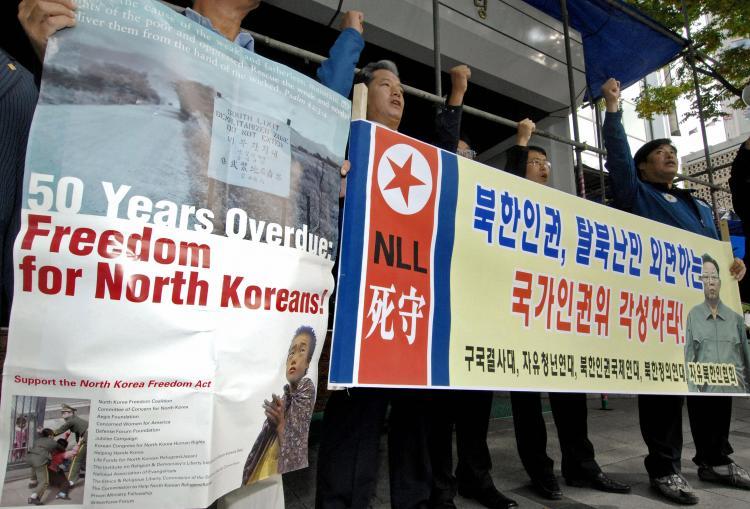South Korea will hold an interagency government meeting on North Korea’s human rights policies for the first time in over two years, as President Yoon Suk-yeol seeks to address Pyongyang’s human rights issues.
The meeting will be held on Aug. 25 and be presided over by Vice Unification Minister Kim Ki-woong. Officials from the ministries of justice and foreign affairs will be in attendance, the Unification Ministry’s spokesperson Cho Jong-hoon said on Monday.





